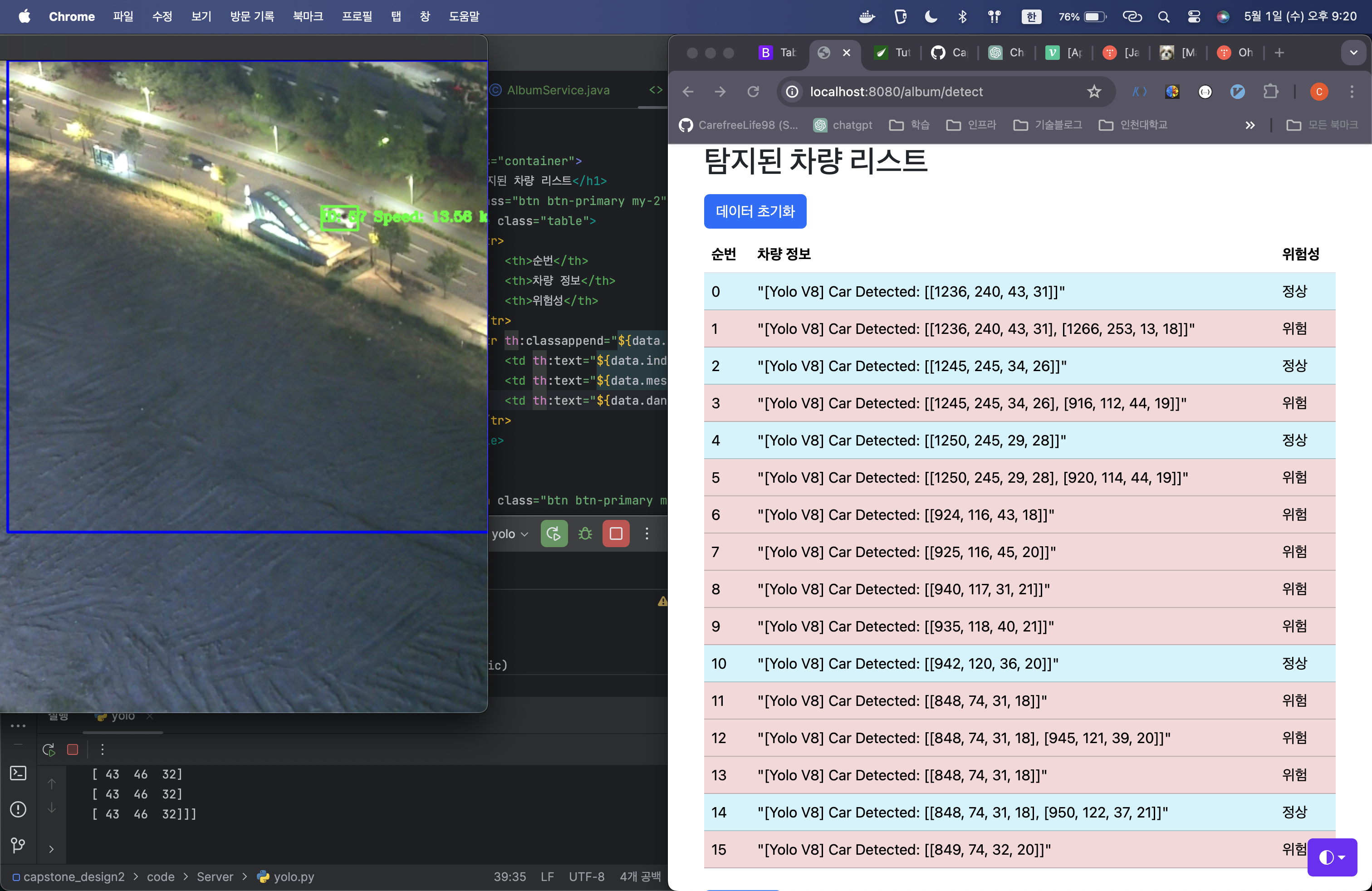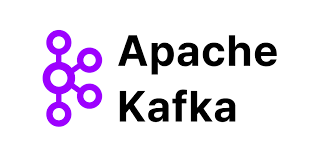Kotlin - 추상 클래스 (Abstract Class) & 인터페이스 (Interface)
추상 클래스 (Abstract Class)
추상 클래스의 역할은 Methods 와 Properties 를 "제공"하기 위함.
- 추상 클래스는 부분적으로만 정의된 클래스.
- 완벽하게 정의되어 있는 클래스가 아님.
- 추상 메소드 (Abstract Method) 는 Body 가 존재하지 않은 상태에서 선언만 한다.
- 추상 클래스의 추상 메소드는 상속 관계에 있는 하위 클래스 에서 추상 메소드를 Overriding 하여 구현.
- 추상 클래스는 반드시 하나 이상의 Abstract Method / Property 를 가지고 있어야 한다.
- 추상 클래스의 Instance 들은 그 추상 메소드를 하위 클래스에서 구현해야만 생성 할 수 있다.
// 추상 클래스 Foo
abstract class Foo {
// body 가 없는 Method 의 선언만 진행.
abstract fun bar()
}
// 추상 클래스 Foo 를 상속받은 클래스 Anonymous
class Anonymous : Foo() {
// 추상 클래스의 추상 메소드를 구현
override fun bar() {
println("bar() is implemented")
}
}
fun main() {
// Anonymous 클래스 객체 생성
val foo = Anonymous()
// Anonymous Class
foo.bar()
}
Object - 무명 클래스
추상 클래스를 상속받은 하위 클래스의 Instance 를 여러 번 사용하지 않고 한번만 사용하는 경우에 사용.
인터페이스 구현 시 자주 사용하니 기억해두자.
fun main() {
// 무명 클래스 object 사용
val foo = object : Foo() {
// 추상 클래스의 추상 메소드를 구현
override fun bar() {
println("bar() is implemented")
}
}
// Anonymous Class
foo.bar()
}
- 무명 클래스인 object 를 사용하여 추상클래스인 Foo를 상속받고 추상메소드 bar 을 구현.
Abstract Class : Abstract Property
// 추상 클래스 Foo
abstract class Foo2 {
// abstract property 는 선언만 진행. (초기값 할당 x)
abstract var name: String
// body 가 없는 Method 의 선언만 진행.
abstract fun bar2()
// 상속을 허용한 Method
open fun openFunction() {
println("openFunction() is implemented")
}
// 상속을 허용하지 않은 Method
fun publicFunction() {}
}
// 추상 클래스 Foo2 를 상속받은 클래스 Anonymous2
class Anonymous2() : Foo2() {
// 추상 클래스의 추상 속성 초기값 할당.
override var name: String = "new name"
// 추상 클래스의 추상 메소드를 구현
override fun bar2() {
println("bar2() is implemented")
println("name = $name")
}
override fun openFunction() {
super.openFunction()
}
}
fun main() {
val foo = Anonymous2()
foo.bar2()
foo.openFunction()
}
Interface
Interface vs Abstract class
- 같은 점
- 추상 메소드 (Abstract Method)를 갖는다.
- 차이점
- Interface 는 추상메소드 만을 갖는다.
- 추상 속성 없음
- 구현 상속의 목적을 갖기 때문.
Interface 를 사용하는 목적
- 구현 상속
- 인터페이스가 바뀌더라도 이를 구현하는 하위 클래스는 클래스 상속과 다르게 영향을 거의 받지 않음.
- 구현을 하지 않고 선언만 했기 때문에.
- 다중 상속
- 하위 클래스가 여러 개의 인터페이스를 상속 받을 수 있음.
- 클래스는 단일 상속만 가능 (1:1 관계)
Interface 사용 예시
Interface 는 클래스가 아니다.
- 구현 상속 받을 때 생성자를 호출하는 괄호 미사용.
- Interface는 완벽하게 구현된 것이 아니므로.
Abstract Method
Abstractkeyword 없이 Method 만 선언.
// interface Clickable
interface Clickable {
fun click()
fun showOff() = println("I'm clickable")
}
// interface Focusable
interface Focusable {
fun setFocus(b:Boolean)
fun showOff() = println("I'm focusable")
}
// 다중 상속. Interface 는 콤마 (,) 를 통해 구분됨.
class Button : Clickable, Focusable {
override fun click() {
println("I was clicked")
}
override fun setFocus(b: Boolean) {
println("I ${if (b) "got" else "lost"} focus.")
}
// Interface 중 같은 이름을 가진 Method 존재 시
// 해당 Method 에 T Type Parameter <> 를 사용하여 Interface 구분.
override fun showOff() {
super<Clickable>.showOff()
super<Focusable>.showOff()
}
}
fun main() {
val button:Button = Button()
button.setFocus(true)
button.showOff()
button.click()
}
지식 공유를 위한 Kotlin 개인 학습 포스트입니다. 피드백은 항상 환영합니다! 긴 글 읽어주셔서 감사합니다.
Task Lists
- 추상 클래스 (Abstract Class)
- Object - 무명 클래스
- Abstract Class : Abstract Property
- Interface vs Abstract class
- Interface 를 사용하는 목적
- Interface 사용 예시





Comments